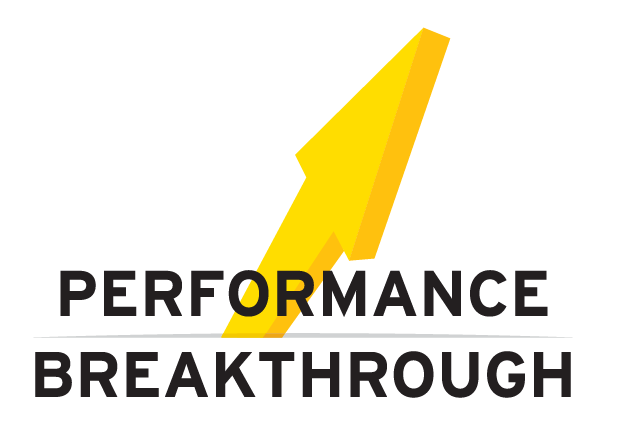Hockomock Area YMCA
Situation
Ed Hurley has been the president of the Hockomock Area YMCA in Massachusetts for twenty-one years. He has guided the organization to become one of the largest YMCAs in New England with three full-facility locations serving fifteen communities, with over 31,000 members and a full-time staff of one hundred. (Including part-time staff, they will employ 1,100 people throughout the year.)
As the organization grew, relationship-building with each member of the team became more difficult. Ed became frustrated that he and his leadership team no longer knew everyone by face and name, as they did when the organization was smaller. They didn’t know what made colleagues tick, or what was important to them personally and professionally.
Action
To better get to know his staff, Ed and his leadership team implemented two creative ideas:
- Staff Bios: When someone joins the team, human resources works with him or her to create a staff bio. This bio includes a photo and other information such as favorite music and where the employee likes to travel. This helps Ed and his leadership team get to know each new staffer.
- Handwritten Notes/Birthday and Anniversary Cards: All new full-time staff members get a handwritten note and a personal meeting from Ed welcoming them to the team. They also receive handwritten birthday cards and work anniversary cards from Ed.
Working with his coach, Bill Napolitano, president of The Institute For Business Excellence, Ed and his team implemented several additional innovations:
- Assessment Tools: Employees participating in their “Partners in Your Development” initiative (approximately eighty people) are given a comprehensive assessment that identifies their behavioral patterns, motivators, and personal skillsets. This assessment has proved to be incredibly accurate, and has been used to better understand the needs of each team member. It also is utilized to work on challenging relationships between colleagues.
- Coaches/Mentors: Each participant in the initiative is assigned a coach/mentor. Each coaching/mentoring relationship is unique, based on the needs of the employee, and utilizes the assessment tools mentioned above.
- Staff Development: The Y created a program called “HAY U” (Hockomock Area YMCA University) which now provides internal training programs based on the personal and professional interests of the employees.
- Hiring: Key positions in the organization have been benchmarked with assessment tools and used in the hiring process. While Hockomock YMCA does not base hiring decisions solely on this benchmarking, it is an important piece of the process. The organization also recently introduced a Topgrading (www.topgrading.com) “job scorecard” to create measurable job requirements and accountabilities.
One of the key challenges along the way was to keep relationship-building with employees top of mind, making it a priority for everyone in the organization. “It can’t be flavor of the month,” Ed states. “We want people to understand we’re committed to this for the long term.” Part of the answer has been to ensure the leadership team remains visible—taking the time to go to activities, pick up the phone, drop off a note, be present, and say thank you.
Results
The Hockomock Area YMCA’s acceptance of each team member’s uniqueness, and the focus on better getting to know everyone on the team, has lead to significant, measurable results:
- Staff satisfaction scores are 43 percent higher than the national average.
- Member satisfaction scores are 7 percent higher than the national average.
- Day Camp Program satisfaction scores are 31 percent higher than the national average.
- Hockomock YMCA has one of the most effective volunteer boards in the region. In fact, engaged board members don’t ever want to leave.
- The organization has cultivated and engaged high powered volunteers.
- The Y has identified star performers, and the entire staff has increased its readiness for opportunities within and beyond the organization.
All of this has allowed Hockomock YMCA to implement innovative programs that have had a tremendous impact on the community in areas such as cancer and diabetes prevention.
